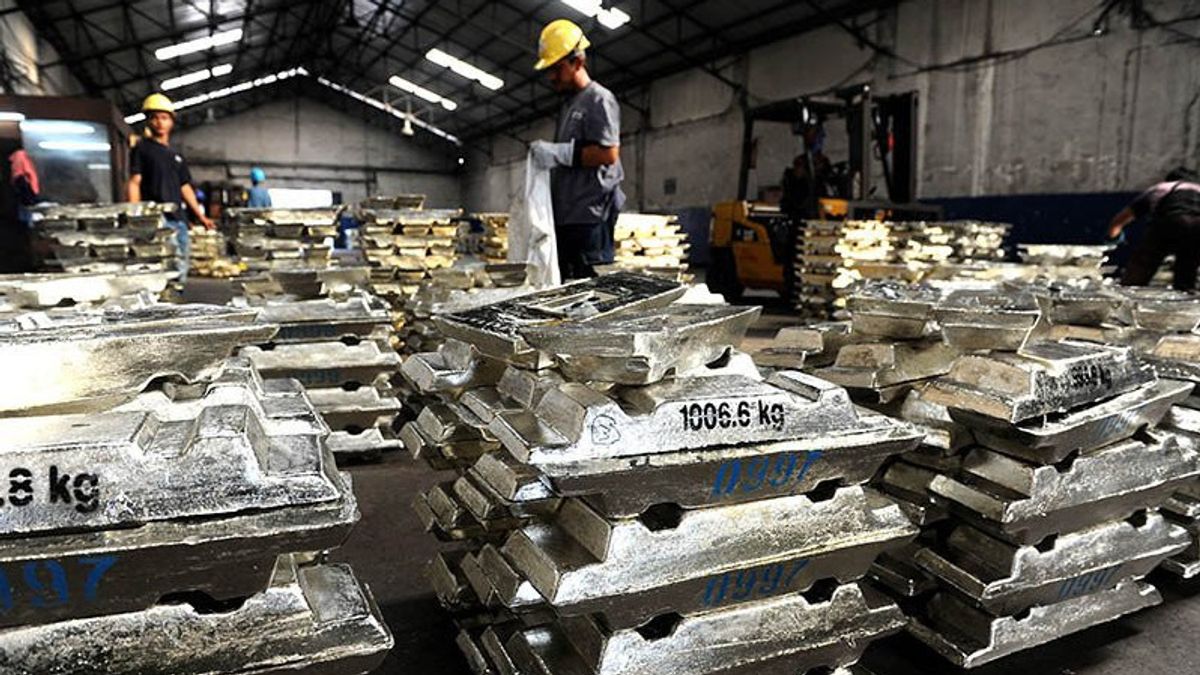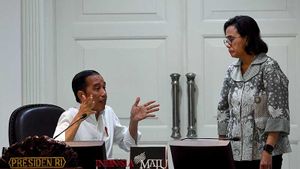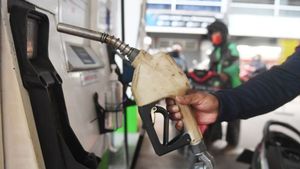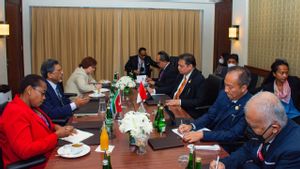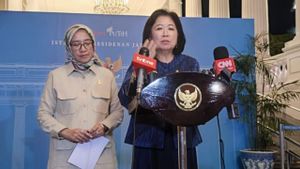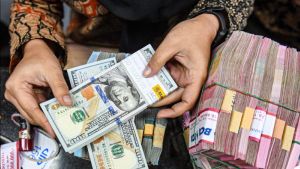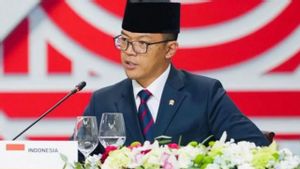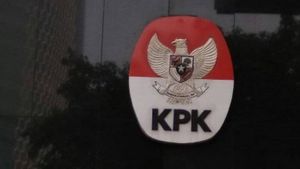JAKARTA - The interim official (Pjs) of the Indonesian Chamber of Commerce and Industry's Deputy General Chair for Energy and Mineral Resources, Carmelita Hartoto, asked the government to review the decision to ban tin exports abroad.
She argues, before closing the export faucet to foreign countries, entrepreneurs and other stakeholders need to make some preparations first.
"We need readiness for all stakeholders, including miners, smelters, exporters, and the manufacturing industry to absorb the downstream tin. Therefore, we at Kadin request that the ban on tin exports be carried out in stages," she said in Jakarta, Monday, September 26.
She added that the domestic tin industry still requires a lot of preparation that needs to be done by all parties so as not to cause a drastic decline in export foreign exchange while downstream absorption is still not maximized.
Kadin noted that currently, domestic tin absorption has only reached 5 percent of the total national tin metal production.
"Downstreaming does have a positive impact on the added value of mineral and coal mining products, therefore we should support it but we need readiness for all stakeholders. There needs to be a lot of preparation that must be done," she said.
Meanwhile, related to how long the preparation time required by tin entrepreneurs, Carmelita said it would take 10 years.
However, she continued, this preparation could be faster if the government issued a roadmap so that preparations could be carried out while the government began to implement a gradual export ban.
"There has to be a roadmap so that we can go along. Initially, the goal was 10 years but when we walked, it could be faster. This is only an approximation but on the field, if there's a roadmap, that year A will be this much, year B will be that much. It will be revealed automatically," he said.
After banning nickel exports, President Joko Widodo plans to ban tin and bauxite exports this year.
President Joko Widodo (Jokowi) revealed that the government wants to build a downstream industry for the two minerals in the country so that the added value can be absorbed domestically.
VOIR éGALEMENT:
He is sure that by stopping the export of these two minerals, Indonesia's income can increase up to 20 times.
"After nickel, this year we will stop exporting tin and bauxite," said Jokowi at the National Silatnas and 19th Anniversary of the Army Retired Army Association, Friday, August 5.
He revealed, that Indonesia was still exporting nickel raw materials abroad and had pocketed IDR 15 trillion per year.
However, when the export of raw materials is stopped, Indonesia is able to reap a profit of up to IDR 300 trillion in 2021.
"That's just one commodity. From IDR 15 trillion, it jumped to IDR 300 trillion, up 20 times. Until we are sued by the WTO and the case is not finished until now, I will face it," he said.
The English, Chinese, Japanese, Arabic, and French versions are automatically generated by the AI. So there may still be inaccuracies in translating, please always see Indonesian as our main language. (system supported by DigitalSiber.id)
